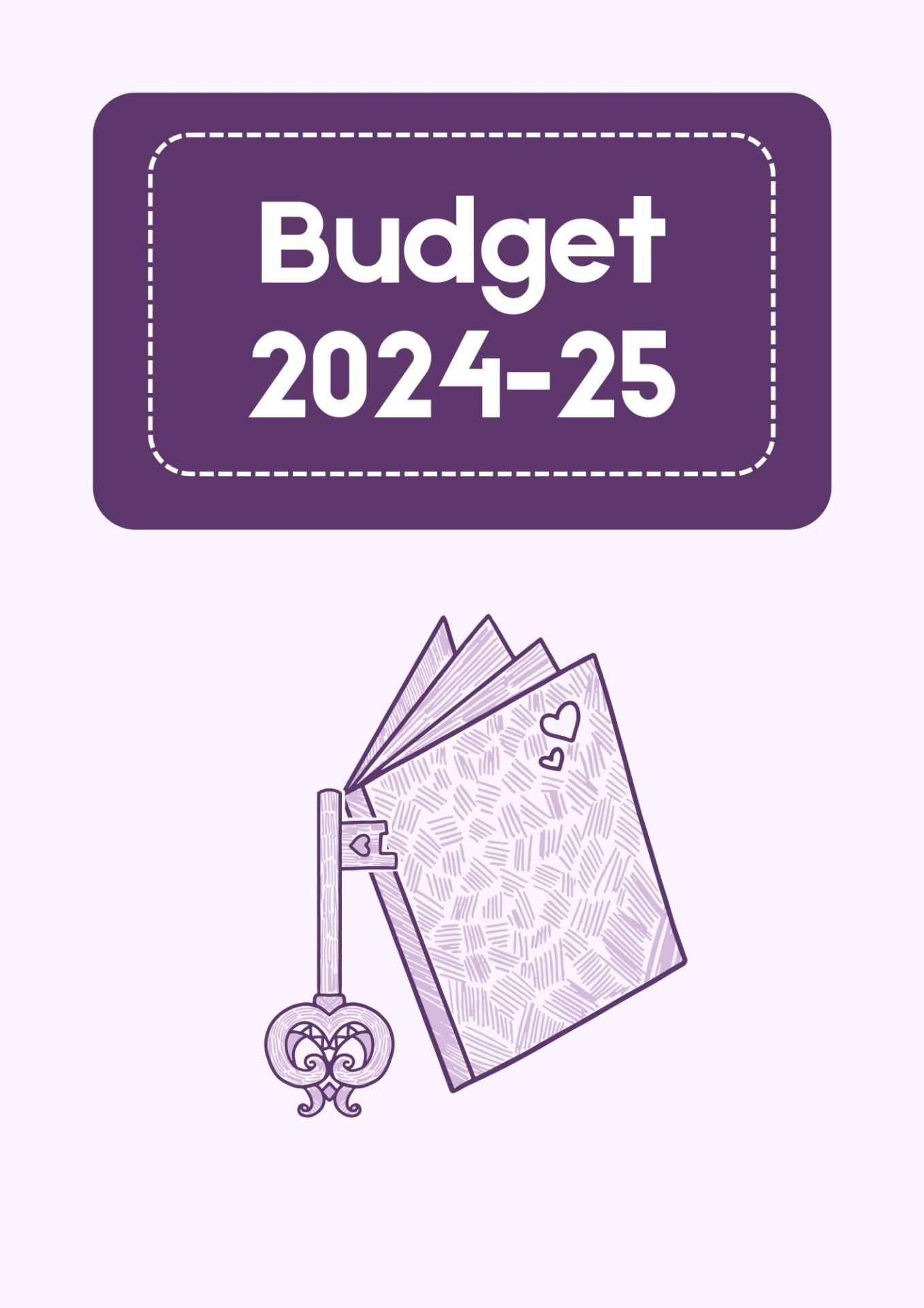21-06-24: Budget 2024-25 introduced by Finance Minister has brought significant changes to income tax structure, impacting salaried employees across country. se modifications aim to simplify tax regime, increase disposable income, and stimulate economic growth. Here’s a detailed look at how se new income tax rules affect salaried employees.
1. Revised Tax Slabs
New budget proposes changes to income tax slabs, offering relief to middle-class taxpayers. revised tax slabs are as follows:
- Income up to ₹5 lakh: Nil
- Income from ₹5 lakh to ₹10 lakh: 10%
- Income from ₹10 lakh to ₹15 lakh: 15%
- Income from ₹15 lakh to ₹20 lakh: 20%
- Income above ₹20 lakh: 25%
This restructuring of slabs aims to reduce tax burden on middle-income groups and incentivize higher earnings.
2. Standard Deduction Increase
Standard deduction for salaried employees has been increased from ₹50,000 to ₹75,000. This move is expected to provide additional relief to salaried individuals by reducing taxable income and increasing take-home pay.
3. Higher Exemption Limit for HRA
Exemption limit for House Rent Allowance (HRA) has been raised. Salaried employees living in rented accommodations can now claim a higher deduction under HRA, which will lower taxable income. This is particularly beneficial for employees residing in metropolitan cities where rental costs are high.
4. Enhanced Section 80C Benefits
The Under Section 80C of Income Tax Act, investment limit eligible for tax deductions has been increased from ₹1.5 lakh to ₹2 lakh. Employees can now invest more in instruments like Public Provident Fund (PPF), National Savings Certificate (NSC), and life insurance premiums, thus saving more on taxes.
5. Introduction of Section 80EEB for Electric Vehicles
To promote use of electric vehicles, a new section 80EEB has been introduced. Salaried employees can now claim a deduction of up to ₹1.5 lakh on interest paid on loans taken for purchase of electric vehicles. This is an initiative to encourage eco-friendly transportation options.
6. Health Insurance Premiums
The deduction limits for health insurance premiums under Section 80D have been increased. Individuals can now claim up to ₹30,000 for premiums paid for self, spouse, and dependent children, and an additional ₹50,000 for premiums paid for parents. This increase aims to promote better health coverage among taxpayers.
7. Simplification of Tax Filing Process
Budget has proposed introduction of a pre-filled income tax return form for salaried employees. This form will include details of salary income, TDS, and o r deductions, making tax filing process more straightforward and less time-consuming.
8. Tax Benefits on Home Loans
Budget has extended additional deduction of ₹1.5 lakh for interest paid on loans for affordable housing under Section 80EEA. This benefit is available for loans sanctioned up to March 31, 2025. This measure supports government’s objective of housing for all and provides substantial tax relief to first-time homebuyers.
9. Education Loan Interest Deduction
Deduction for interest on education loans under Section 80E continues with enhanced benefits. deduction is available for a period of 8 years starting from year in which interest repayment begins, without any limit on amount. This aims to support higher education among youth.
10. Focus on Digital Transactions
To promote digital transactions and reduce cash economy, incentives for digital payments have been enhanced. Salaried employees using digital modes of payment for certain expenses can avail mselves of additional deductions, reby encouraging a move towards a digital economy.
Read More : Major Shift for UP Board: Students to Take 10 Subjects with Three Languages
Conclusion
Budget 2024-25 introduces a range of measures that significantly impact salaried employees, primarily aiming to increase disposable income and simplify tax filing process. By revising tax slabs, increasing standard deductions, and enhancing exemptions and deductions under various sections, government seeks to provide relief to middle class, promote investments, and stimulate economic growth. Salaried employees are advised to understand se changes in detail to make informed financial decisions and maximize tax benefits.
More Latest News
- सैनिक स्कूल भर्ती 2024: विभिन्न पदों पर भर्ती, जानिए पूरी प्रक्रिया
- TISS Revokes Staff Termination Orders After Intervention by Tata Trusts
- Mahindra Vision S Compact SUV Concept To Launch In 2027
- PM Modi To Inaugurate Rs 5200 Crore Metro And Road Projects In Kolkata
- DU SOL Admissions Begin Monday, CUET Not Required
- US Open 2025 Mixed Doubles Debuts Fast-Track Format With Star Lineup
- 2024 Lok Sabha Session Begins: PM Modi and Key Ministers Take Oath
- Oracle Lays Off 10% Of India Workforce Amid OpenAI Deal And Trump Meeting
- SIST Chisopani Appoints Two New Assistant Professors for Civil Engineering and English
- NDA’s CP Radhakrishnan Files Nomination for Vice President Election
- Top Run-Scorers and Key Players in Australia vs South Africa ODI Series
- Body of Young Man Found in Khargosh Park, Noida
- AIIMS Delhi 220 Junior Resident Recruitment 2024
- प्रदूषण कम होने से दिल्ली, हरियाणा और बिहार के लोगों की आयु बढ़ सकती है
- गाजियाबाद में भीषण गर्मी से चार लोगों की मौत, डॉक्टरों ने दी सावधानी बरतने की सलाह

